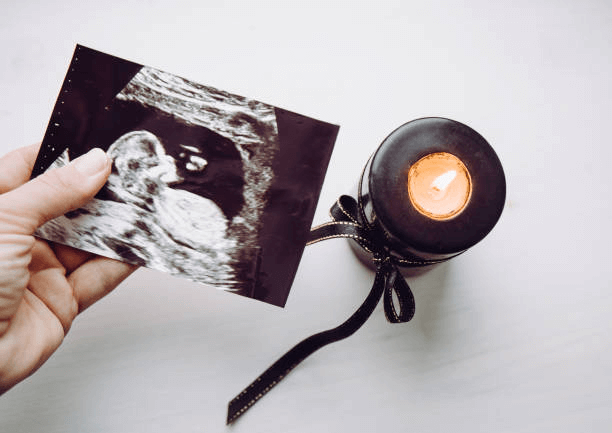Understanding Symptoms and Signs of Miscarriage

What is a Miscarriage?
A miscarriage is the spontaneous loss of a pregnancy before the 20th week of gestation. It is the most common type of pregnancy loss, with studies indicating that 10-25% of clinically recognized pregnancies end in miscarriage. Chemical pregnancies, which occur shortly after implantation, account for 50-75% of all miscarriages and often go unnoticed as they coincide with a woman’s expected period.
Warning Signs of Miscarriage
If you experience any of the following symptoms, it is crucial to contact your healthcare provider immediately:
- Bleeding: This can start as light spotting or heavy bleeding, often intensifying as the cervix dilates to empty. The bleeding might last for three to five hours, with lighter bleeding persisting for one to two weeks. The color of the blood can vary from pink to red to brown.
- Back Pain: Mild to severe back pain, often worse than menstrual cramps.
- Weight Loss: Unexplained weight loss.
- Mucus Discharge: White-pink mucus from the vagina.
- Contractions: Painful contractions occurring every 5-20 minutes.
- Tissue Passage: Tissue with clot-like material passing from the vagina.
- Decrease in Pregnancy Symptoms: A sudden reduction in signs of pregnancy.
Causes of Miscarriage
During the first trimester, most miscarriages are caused by chromosomal abnormalities, where something is not correct with the baby’s chromosomes. Other causes can include:
- Infections
- Environmental Hazards: Exposure to high levels of radiation or toxic agents.
- Hormonal Irregularities
- Improper Implantation: The fertilized egg implants incorrectly in the uterine lining.
- Maternal Age: Older maternal age increases miscarriage risk.
- Uterine Abnormalities
- Incompetent Cervix: The cervix opens too early without pain or labor signs.
- Lifestyle Factors: Smoking, alcohol use, or illegal drug use.
- Immune System Disorders: Conditions like lupus.
- Chronic Health Conditions: Severe kidney disease, uncontrolled diabetes, thyroid disease.
- Medications: Certain drugs, like isotretinoin (Accutane®).
Also read: Dealing With Fetal Growth Restriction (FGR): A Personal Experience And Comprehensive Guide
Risk Factors and Chances of Miscarriage
- Age: Women under 35 have a 15% chance of miscarriage. This risk increases with age: 20-35% for women aged 35-45, and up to 50% for those over 45.
- Previous Miscarriages: A woman who has had a previous miscarriage has a 25% chance of having another.
Types of Miscarriage
Miscarriages can vary in type and may present different symptoms:
- Threatened Miscarriage: Early pregnancy bleeding with a closed cervix.
- Inevitable or Incomplete Miscarriage: Bleeding with an open cervix, indicating that a miscarriage is inevitable or ongoing.
- Complete Miscarriage: The uterus has expelled all fetal tissue. Bleeding and pain subside quickly.
- Missed Miscarriage: Embryonic death without expulsion of the embryo. Pregnancy symptoms may diminish, and an ultrasound will reveal the absence of fetal heart tones.
- Recurrent Miscarriage: Three or more consecutive first-trimester miscarriages.
Related Issues
- Blighted Ovum: A fertilized egg implants but fetal development never begins.
- Ectopic Pregnancy: The fertilized egg implants outside the uterus, usually in the fallopian tube, requiring immediate treatment.
- Molar Pregnancy: A genetic error during fertilization leads to abnormal tissue growth in the uterus.
Treatment Options for Miscarriage
The primary goals of treatment are to prevent hemorrhaging and infection. Early in pregnancy, the body may expel all fetal tissue naturally. If not, a dilation and curettage (D&C) procedure may be necessary. Post-D&C, medications may be prescribed to control bleeding.
Prevention and Emotional Care
While most miscarriages are due to chromosomal abnormalities and cannot be prevented, maintaining a healthy lifestyle can help:
- Regular Exercise
- Healthy Diet
- Stress Management
- Healthy Weight Maintenance
- Folic Acid Supplements
- Avoiding Smoking and Alcohol
After a miscarriage, emotional support is crucial. Open communication with family, friends, and healthcare providers can aid recovery.
For more detailed information, please refer to sources like American Pregnancy Association and Mayo Clinic.
Also read: Risks Of Pregnancy After Age 35: A Comprehensive Guide






